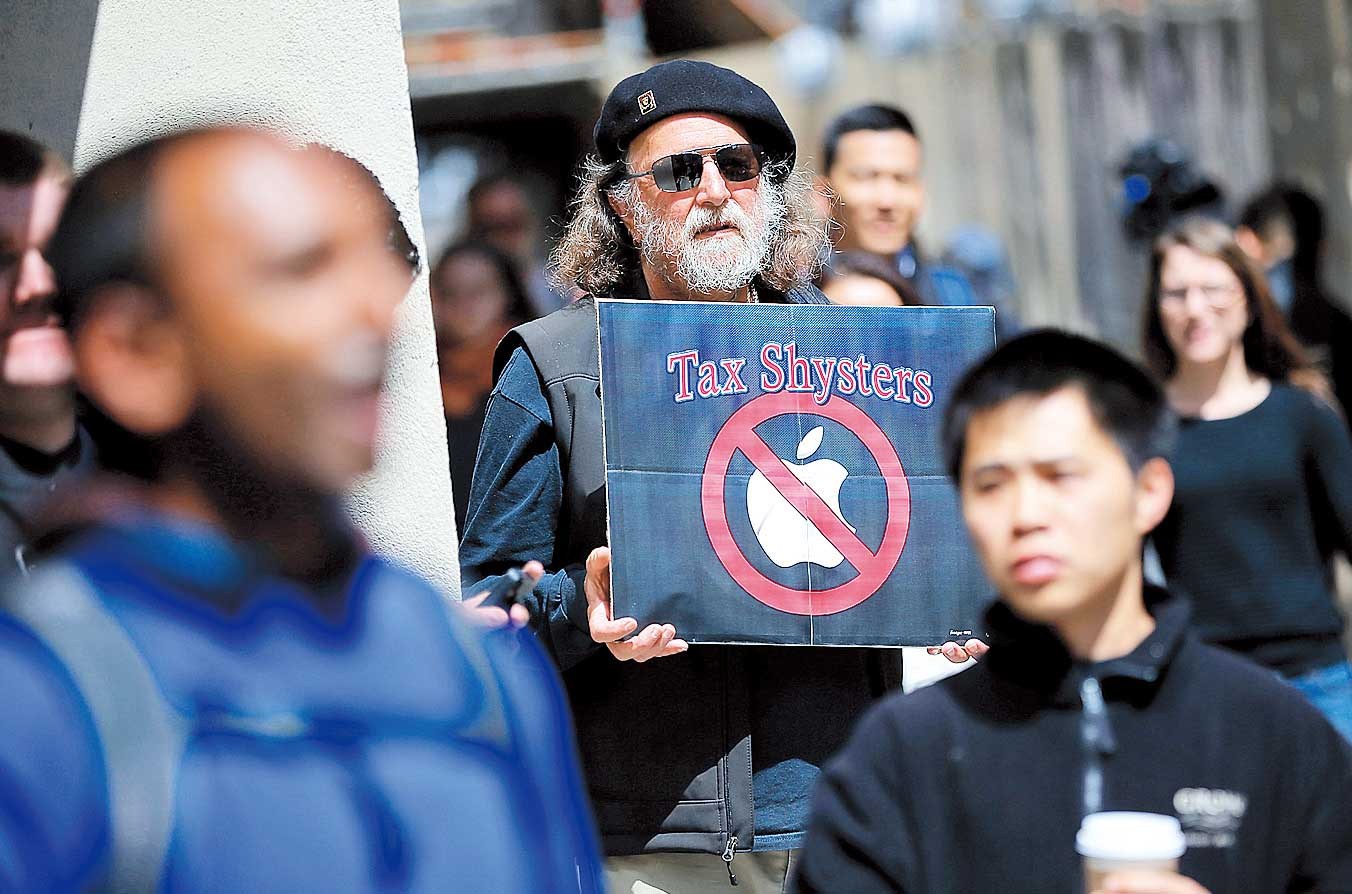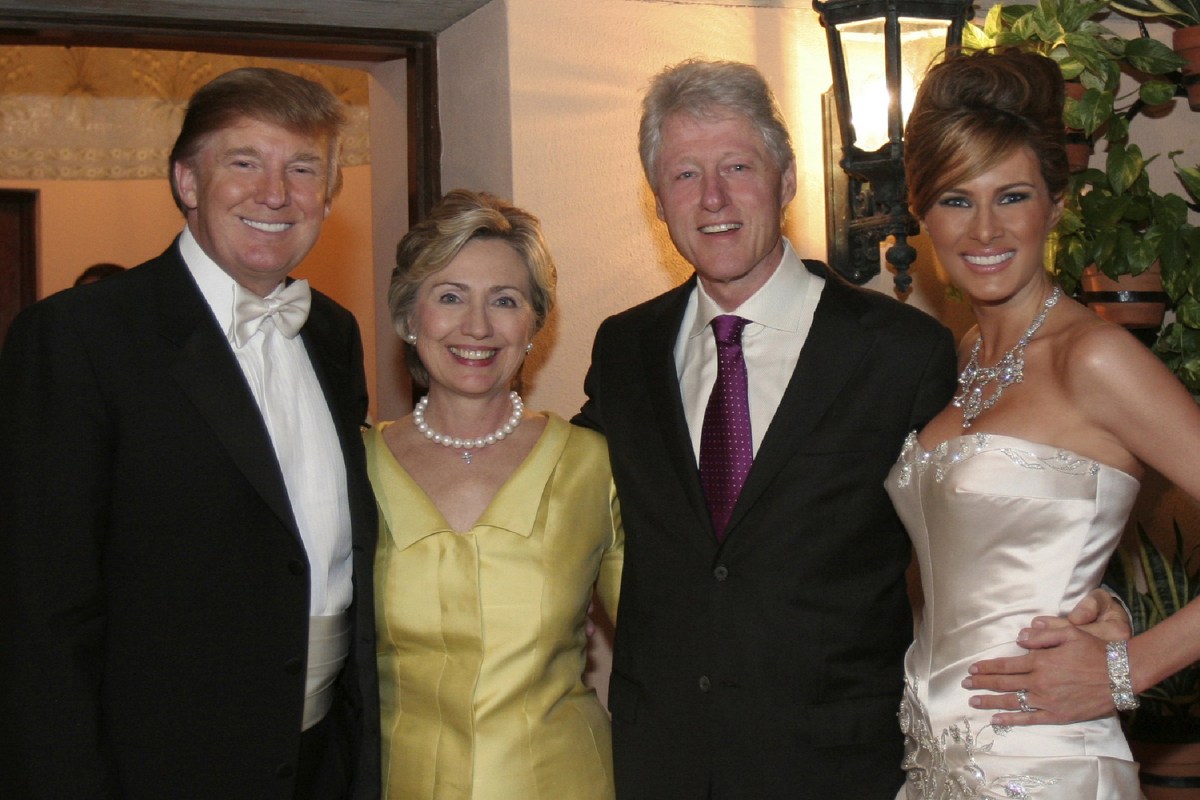
Why US Is Fuming Over EU’s Fining of Apple
The details of the tax evasion case that landed Apple in the hot seat of EU adjudication are highly complex. As many are aware, for quite some time Ireland has maintained policies that welcome foreign investors with low-tax sweetheart deals. Currently, the corporate tax rate for Irish companies stands at a mere 12.5 percent, already one of the lower rates among EU countries. But on top of this, the Irish government often signs reduced or preferential tax agreements with well-known transnational corporations in order to encourage foreign investment. Adding the fact that EU member states' tax laws lack uniformity, large transnational corporations such as Apple are presented with a golden opportunity for legally justifiable tax avoidance.
Within this particular case, Apple is quite clearly suspected of taking advantage of the aforementioned loopholes. From the perspective of the EU, the Irish government's preferential tax arrangement with Apple was not made in compliance with EU law and gave the tech giant an unfair competitive advantage.
Around the international community, there has always been an unspoken agreement to keep mum on the subject of tax evasion by transnational corporations. The problem has long been controversial in legal circles, and moreover has been compounded by the lack of standardized legal documents, with some experts even being of the opinion that any tax avoidance performed in accordance with the letter of the law is fair game. In recent years, transnational corporations have grown increasingly accustomed to optimizing resource allocation on a global scale. They not only boost their competitiveness via efficient resource management, but also do not shy away from capitalizing on the differences between various states' tax codes and relatively large disparities in taxation levels to proactively dodge taxes. Due to a significant number of these transnationals being based in the United States, U.S. firms often find themselves the target of investigations or fines by the EU and other bodies. Prior to this most recent case, Amazon and McDonald's also both came under EU scrutiny.
Over the past few years, the United States has repeatedly broadcast to the rest of the world its desire to strike a blow against international "tax havens," specifically naming the British Virgin Islands, Cayman Islands, Ireland and Hong Kong, among others. And yet due to the issue's immediate pertinence to complex international tax flows and monetary distributions, an international consensus has yet to be reached. Today's predicament only highlights the true nature of the United States' motives. Because corporate taxes for companies within the United States can reach as high as 35 percent, one of the higher rates among developed countries, many U.S. transnationals seek ways to expand overseas, and thereafter only rarely bring their profits back stateside. The essential aim of the United States' supposed attempts to "regulate" the overseas tax market is to force its transnational corporations to send more earnings back home, which would then be taxed and contribute to U.S. finances.
Of course, as the affected enterprise happens to be an American one this time around, one can expect a severe backlash from Washington despite the fact that the EU's decreed penalties for tax avoidance are consistent with a position long held by the United States. As the situation unfolds, friction in international tax collection cases is likely to grow both increasingly public and pugilistic between the United States and its neighbors across the pond.

